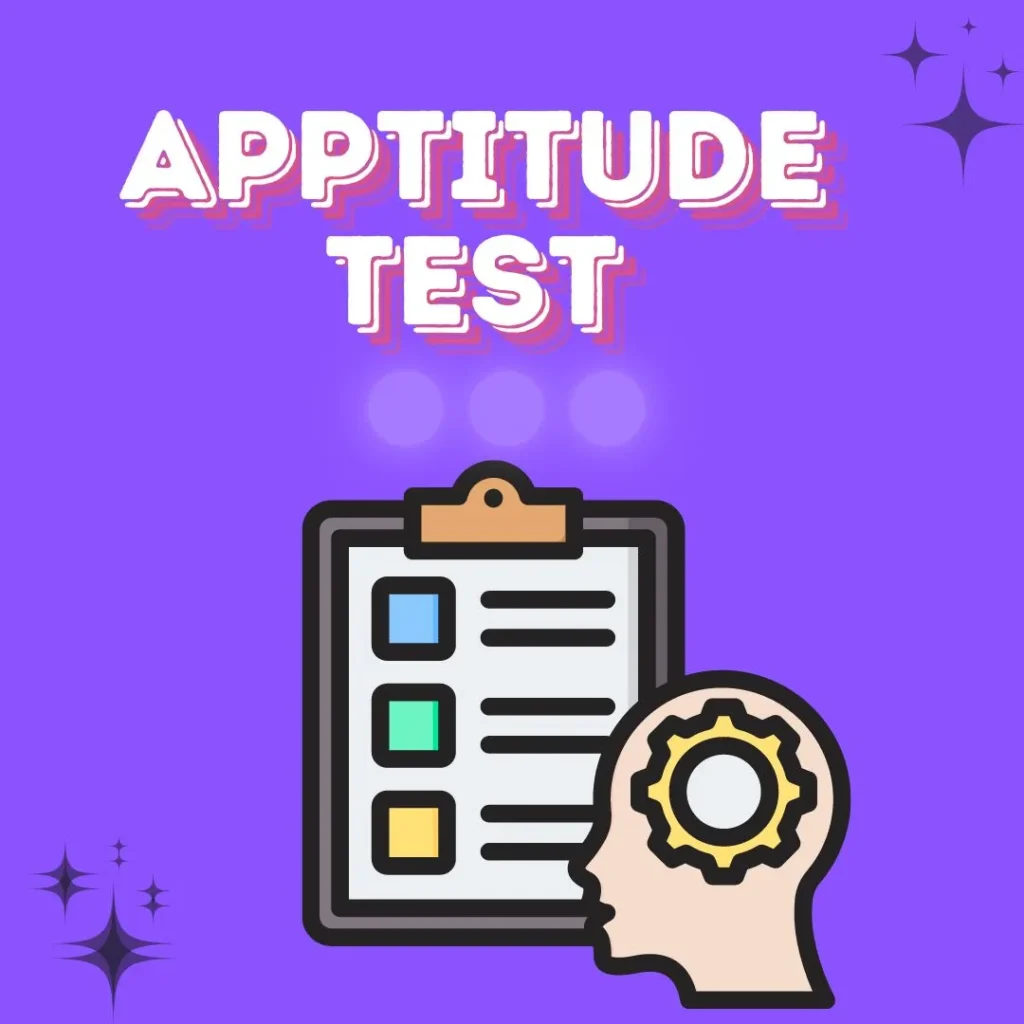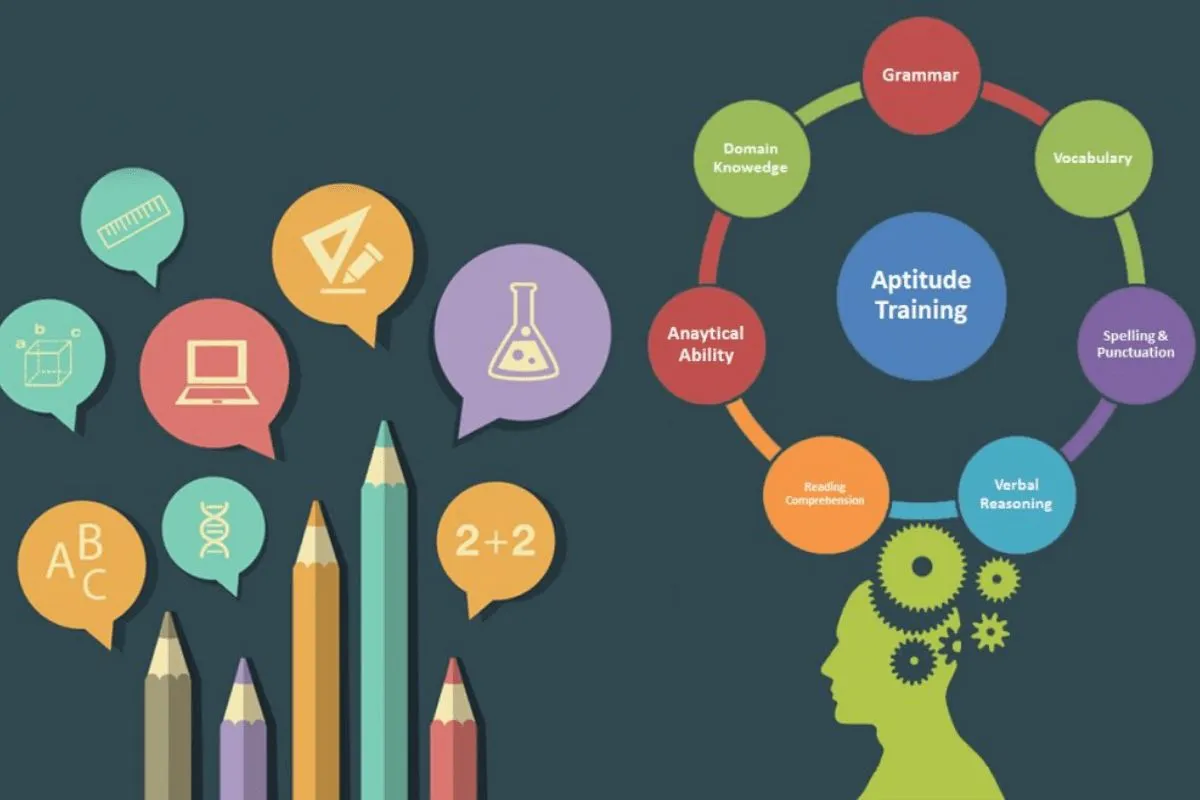Introduction to Aptitude-Based Tests
Defining Aptitude-Based Tests
Purpose and Benefits of Aptitude-Based Tests
Aptitude-based tests play a crucial role in guiding students towards a successful academic and professional future. These assessments are designed to measure an individual’s innate abilities, strengths, and potential areas of excellence. By identifying these aptitudes early on, students can make informed decisions about their educational paths and career choices. In this article, we will explore the significance of implementing aptitude tests from the 8th grade onwards, the benefits of early assessment, strategies for effective test preparation, and the role of parents and educators in supporting students through this essential process.
Introduction to Aptitude-Based Tests
Aptitude-based tests are like the cool Sherlock Holmes of the education world, helping students uncover their hidden talents and passions. Through a series of quirky quizzes and puzzles, these tests aim to reveal what makes each student unique.
Defining Aptitude-Based Tests
Aptitude testing is like a Hogwarts sorting hat for your skills and interests. It’s a way to dig deep and find out what subjects and activities make your brain do a happy dance. From logical reasoning to creative thinking, these tests are the compass to navigate your educational journey.
Purpose and Benefits of Aptitude Tests
Think of aptitude tests as the ultimate career matchmaker. By assessing your natural abilities and inclinations, aptitude tests help you make informed decisions about your academic and professional paths. The best part? They empower you to play to your strengths and build your confidence along the way.
Importance of Early Aptitude Assessment
While most of us were still figuring out fractions in 8th grade, early aptitude assessment swoops in like a superhero, identifying your super strengths and Kryptonite weaknesses.
Identifying Individual Strengths and Weaknesses
Aptitude tests are like X-ray vision goggles, helping you see through your academic abilities and areas where you might need to channel your inner superhero for improvement.
Early Intervention for Skill Development
Just like a personal coach, early aptitude assessment guides you on the path of skill development. By spotting your talents early on, these tests ensure you have enough time to sharpen your skills and become the superhero of your academic journey.

Benefits of Aptitude-Based Tests for Students
Aptitude-based tests are like a treasure map, leading students to discover hidden talents and passions they never knew they had. They’re not just assessments; they’re opportunities for growth and self-discovery.
Enhanced Self-Awareness and Confidence
Aptitude-based tests are like a mirror that reflects your true potential back at you. They help students see themselves in a new light, boosting their self-esteem and confidence. It’s like finding a secret superpower you never knew you had.
Personalized Learning and Development Opportunities
Aptitude-based tests are like a tailor-made suit, designed to fit each student perfectly. They provide personalized insights and recommendations for growth, helping students reach their full potential. It’s like having a personal coach cheering you on as you strive for greatness.
Implementing Aptitude Testing for 8th Grade and Beyond
Integrating aptitude testing into education is like adding sprinkles to an already delicious cake – it enhances the experience and makes it even sweeter. By starting in 8th grade and beyond, students can embark on a journey of self-discovery and growth from an early age.
Integrating Aptitude Testing into School Curricula
Aptitude testing should be as common in schools as recess and homework. By integrating it into the curriculum, educators can help students unlock their full potential and set them on a path to success. It’s like planting seeds of greatness that will blossom into lifelong achievements.
Role of Educators and Parents in Aptitude Assessment
Educators and parents play a crucial role in the aptitude assessment journey. Like guiding stars, they can provide support, guidance, and encouragement to help students navigate their strengths and weaknesses. It’s like being part of a superhero team, working together to help students unleash their inner powers and conquer the world.
Strategies for Effective Aptitude Test Preparation
When gearing up for aptitude tests, focus on honing critical thinking and problem-solving skills. Embrace practice tests, puzzles, and brain teasers to stimulate your mind and boost your test-taking abilities.
Developing Critical Thinking and Problem-Solving Skills
To ace aptitude tests, cultivate your critical thinking by analyzing information, reasoning through problems, and making logical connections. Sharpen your problem-solving skills by practicing with different types of questions and learning to approach them systematically.
Practical Tips for Success in Aptitude Tests
Stay calm during the test, manage your time wisely, and read questions thoroughly before answering. Practice mental math to improve your calculation speed and accuracy. Remember, it’s not just about getting the right answer but also about how you get there.
Addressing Common Misconceptions About Aptitude Testing
Let’s set the record straight on the significance of aptitude tests. They are not about labeling students but helping them discover their strengths and interests for future success.
Clarifying the Purpose and Value of Aptitude Testing
Aptitude tests are tools to assess your natural abilities and potential career paths. They provide valuable insights to guide your educational and professional journey, helping you make informed decisions about your future.
Debunking Myths Surrounding Aptitude-Based Assessments
Contrary to popular belief, aptitude tests are not meant to limit your choices but to broaden your horizons. They are not a measure of your intelligence but a way to uncover hidden talents and explore diverse career options.

Impact of Aptitude-Based Tests on Academic and Career Success
Discover how aptitude testing can shape your academic choices and open doors to fulfilling career opportunities.
How Aptitude-Based Tests Influences Educational Choices
By understanding your aptitudes, you can make informed decisions about subjects to study, courses to pursue, and career paths to explore. Aptitude testing empowers you to align your interests and talents with your educational goals.
Linking Aptitude-Based Tests Assessment to Future Career Opportunities
Aptitude-based assessments can guide you towards careers that align with your strengths and passions. They serve as a compass, directing you towards professions where you can thrive and make a meaningful impact based on your unique abilities.
In conclusion, aptitude-based testing plays a crucial role in helping students discover their strengths, interests, and potential career paths. By integrating aptitude assessments into education from the 8th grade onwards and providing effective preparation strategies, we can empower students to make informed decisions about their academic and professional futures. Embracing the benefits of aptitude testing not only enhances individual growth and self-awareness but also paves the way for a successful and fulfilling academic journey and career trajectory.
Aptitude Test FAQ
1. At what age should students start taking aptitude tests?
Students can start taking aptitude tests as early as the 8th grade. This early assessment helps in identifying their strengths and areas of interest, which can guide their academic and career planning.
2. Can aptitude tests accurately predict a student's future career success?
Aptitude tests can provide valuable insights into a student's natural abilities and potential career paths. However, they should be used as one of many tools in career planning. Success in any career also depends on personal interests, motivation, and other factors.
3. How can parents and educators support students in interpreting and acting upon aptitude test results?
Parents and educators can support students by discussing the results with them, helping them understand their strengths and weaknesses, and guiding them in exploring relevant career options. Providing resources and encouragement for skill development in identified areas can also be beneficial.
4. Are there specific resources or tools available to help students explore and develop their aptitudes further?
Yes, there are numerous resources available, including online courses, workshops, mentorship programs, and extracurricular activities that align with a student's aptitudes. Educational institutions and career counseling services often provide access to such resources.
